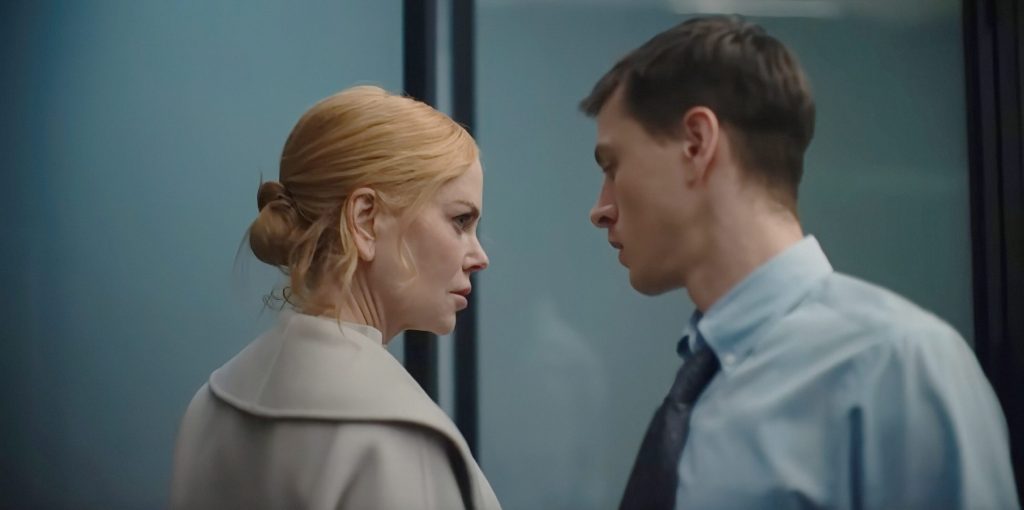World News
Exploring Age-Gap Relationships: ‘Babygirl’ and the Normalization of Older Women with Younger Men
In the realm of cinema, age-gap relationships have often been portrayed with older men and younger women, reflecting longstanding societal norms. However, the upcoming film Babygirl, directed by Halina Reijn, challenges this convention by depicting a romantic and psychosexual relationship between an older woman and a younger man. Reijn defends this portrayal, asserting that such dynamics should be normalized and free from societal judgment.
A Shift in Narrative
Babygirl features Nicole Kidman as Romy, a high-powered CEO who embarks on an affair with her much younger intern, Samuel, played by Harris Dickinson. This narrative subverts traditional gender roles and age expectations, offering a fresh perspective on romantic relationships. Reijn emphasizes that while the film presents an exaggerated scenario, it aims to highlight the double standards prevalent in society regarding age-gap relationships. She notes that relationships between older men and younger women are often accepted, whereas the reverse garners scrutiny.

Challenging Societal Norms
Reijn argues that women should not be confined by societal expectations when it comes to their personal relationships. She states, “Women have different relationships. We’re not trapped in a box anymore.” By bringing this narrative to the forefront, Babygirl encourages viewers to question internalized patriarchal views and the male gaze that often dictate perceptions of female sexuality and relationships.
A Cinematic Exploration
The film delves into the complexities of desire, power, and identity, presenting a nuanced portrayal of an older woman’s sexuality. Kidman, who has previously explored similar themes in her career, delivers a performance that captures the intricacies of her character’s internal conflicts and societal pressures. Reijn’s direction ensures that the film serves as a commentary on the liberation from societal constraints, rather than merely a depiction of a taboo relationship.

Broader Implications
The portrayal of such relationships in media has broader cultural implications. By normalizing age-gap relationships where the woman is older, films like Babygirl contribute to a more inclusive representation of love and desire. They challenge outdated norms and encourage a reevaluation of what is considered acceptable in romantic relationships. This shift not only reflects changing societal attitudes but also promotes a more diverse understanding of human connections.
Conclusion
Babygirl stands as a provocative piece that challenges traditional narratives and encourages viewers to reflect on their perceptions of age and gender in relationships. Through its storytelling, the film advocates for the normalization of diverse romantic dynamics, urging society to move beyond entrenched stereotypes and embrace the complexities of human desire.
From thedragonfashion


